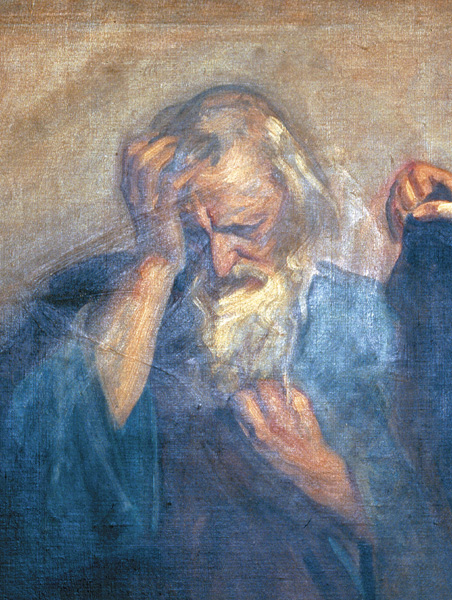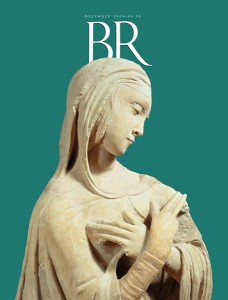
The book of Zephaniah is easily overlooked and—I contend—misunderstood. It is only three chapters long, buried in a few pages of the so-called Minor (!) Prophets. many portions of the Prophets are read in the synagogue on Sabbath and festivals, but not Zephaniah.
The book begins, prophetically enough, with a notice of Zephaniah’s prophetic identity:
The word of the Lord that came to Zephaniah son of Cushi son of Gedaliah son of Amariah son of Hezekiah, in the days of King Josiah son of Amon of Judah.
(Zephaniah 1:1)
This is the only instance in prophetic literature in which someone’s ancestry is traced back four generations. This might be because he is a possible descendant of King Hezekiah of Judah (727–697 B.C.E.). The book tells us that Zephaniah received his call as a prophet during the time of King Josiah (640–609 B.C.E.).
Both Hezekiah and Josiah are famous for the religious reforms they implemented, which centralized worship in Jerusalem and banned pagan influence. (Apparently, Hezekiah’s reform didn’t take too well, for Josiah, more than half a century later, raised many of the same issues.)
The rest of Zephaniah’s short book is pure prophecy. No narrative of events, no temple hymns. Just prophecy.
Already a library member? Log in here.
Institution user? Log in with your IP address.

